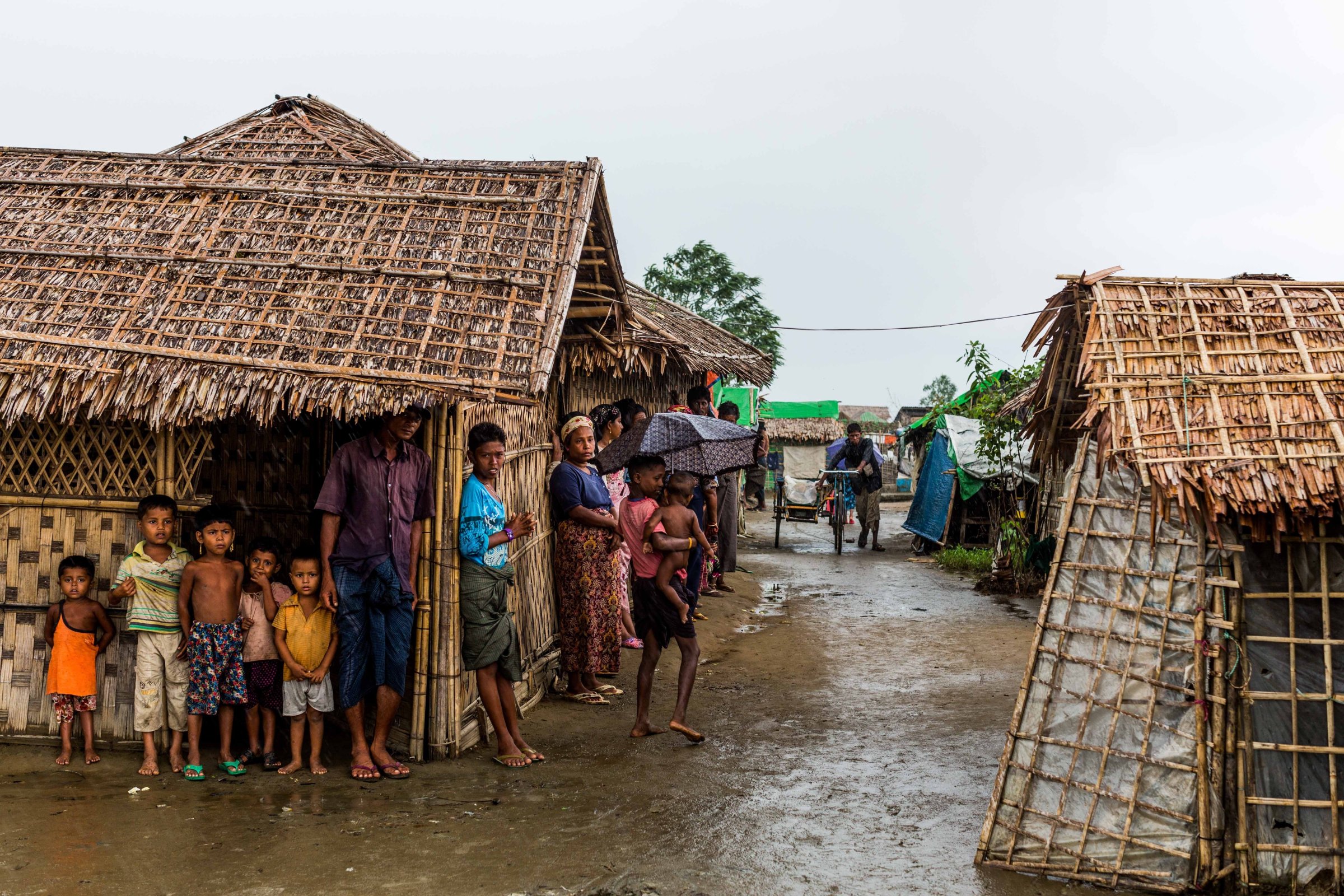
The Rohingya Muslim minority in western Burma face torture, unlawful detention and restrictions on their movement, among other abuses, the U.S. State Department says, but American officials believe the government’s treatment of the group does not constitute genocide.
The department reported to Congress last week after it was asked to look into allegations that an effort was underway to wipe out the ethnic group.
“While it’s without question that [the Rohingya] continue to face persecution, we did not determine that it was on the level of genocide,” State Department spokesman John Kirby told reporters on Monday.
More than 1 million people identifying themselves as Rohingya live in Rakhine state, which sits on the Bay of Bengal. They have faced discrimination for decades by Burmese governments who insisted they are interlopers from neighboring Bangladesh, and not entitled to citizenship, despite many tracing their roots in the region back generations.
“Members of the Rohingya community in particular reportedly face abuses by the Government of Burma, including those involving torture, unlawful arrest and detention, restricted movement, restrictions on religious practice, and discrimination in employment and access to social services,” said the State Department’s Atrocities Prevention Report.
The Rohingya, Burma's Forgotten Muslims by James Nachtwey
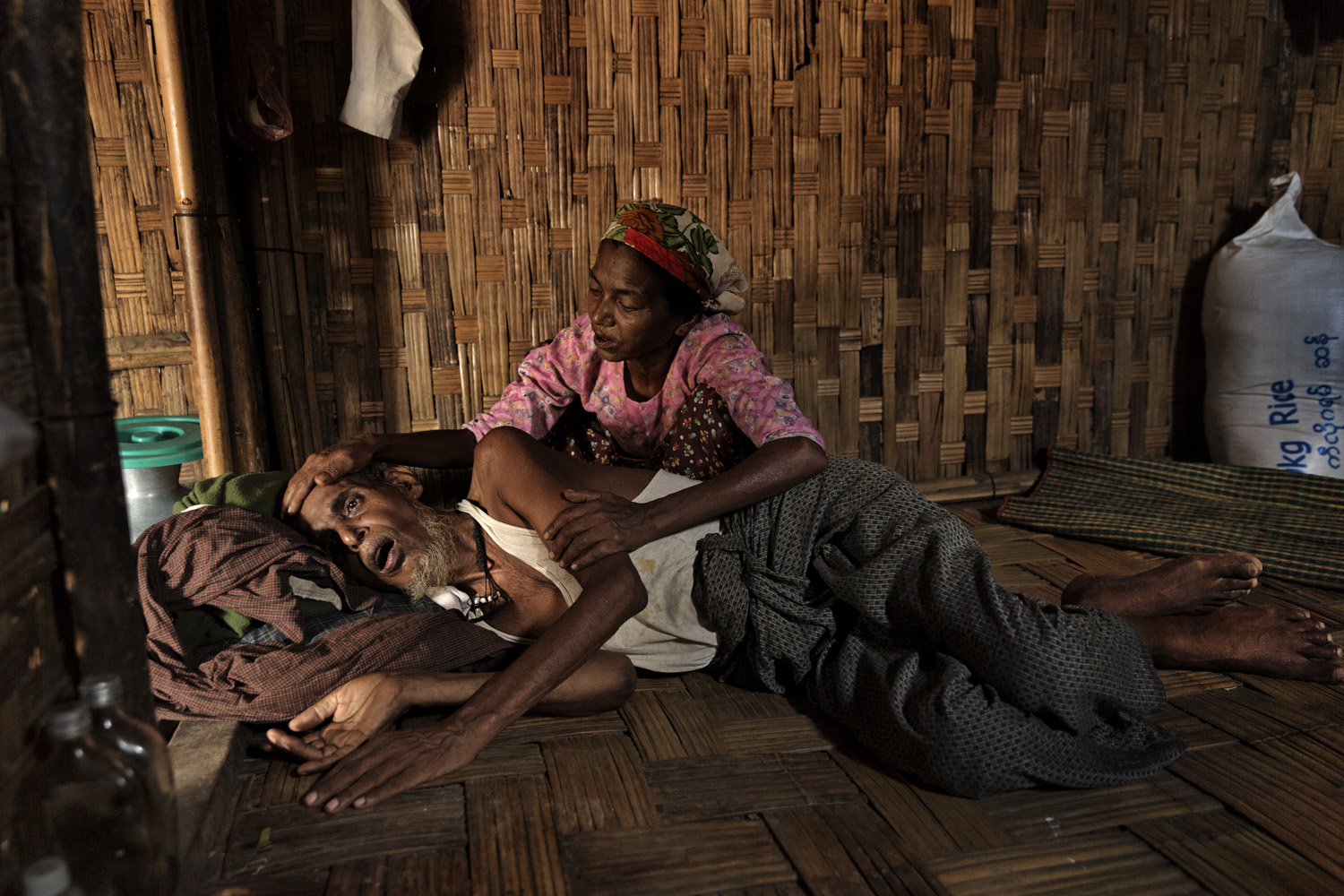
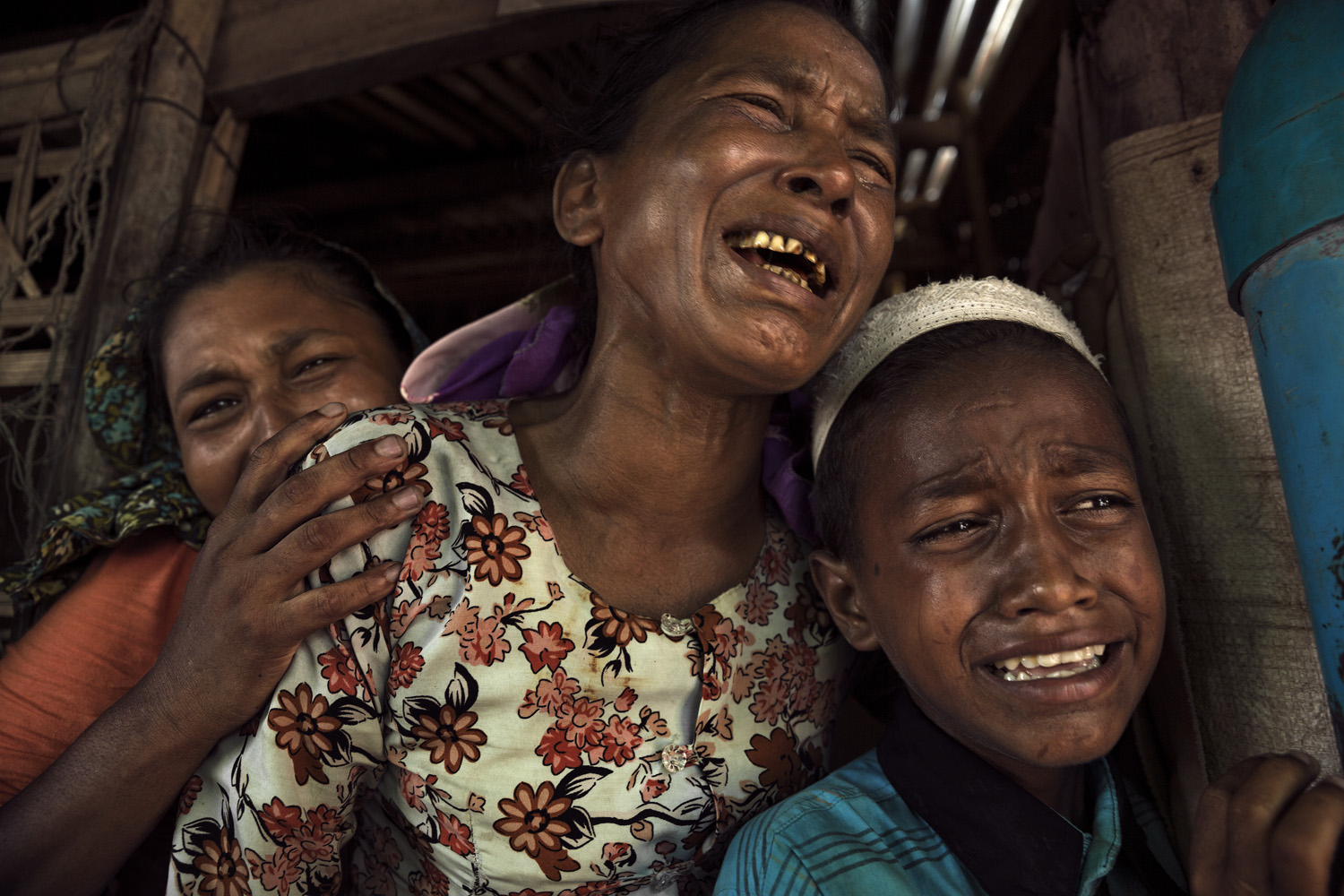
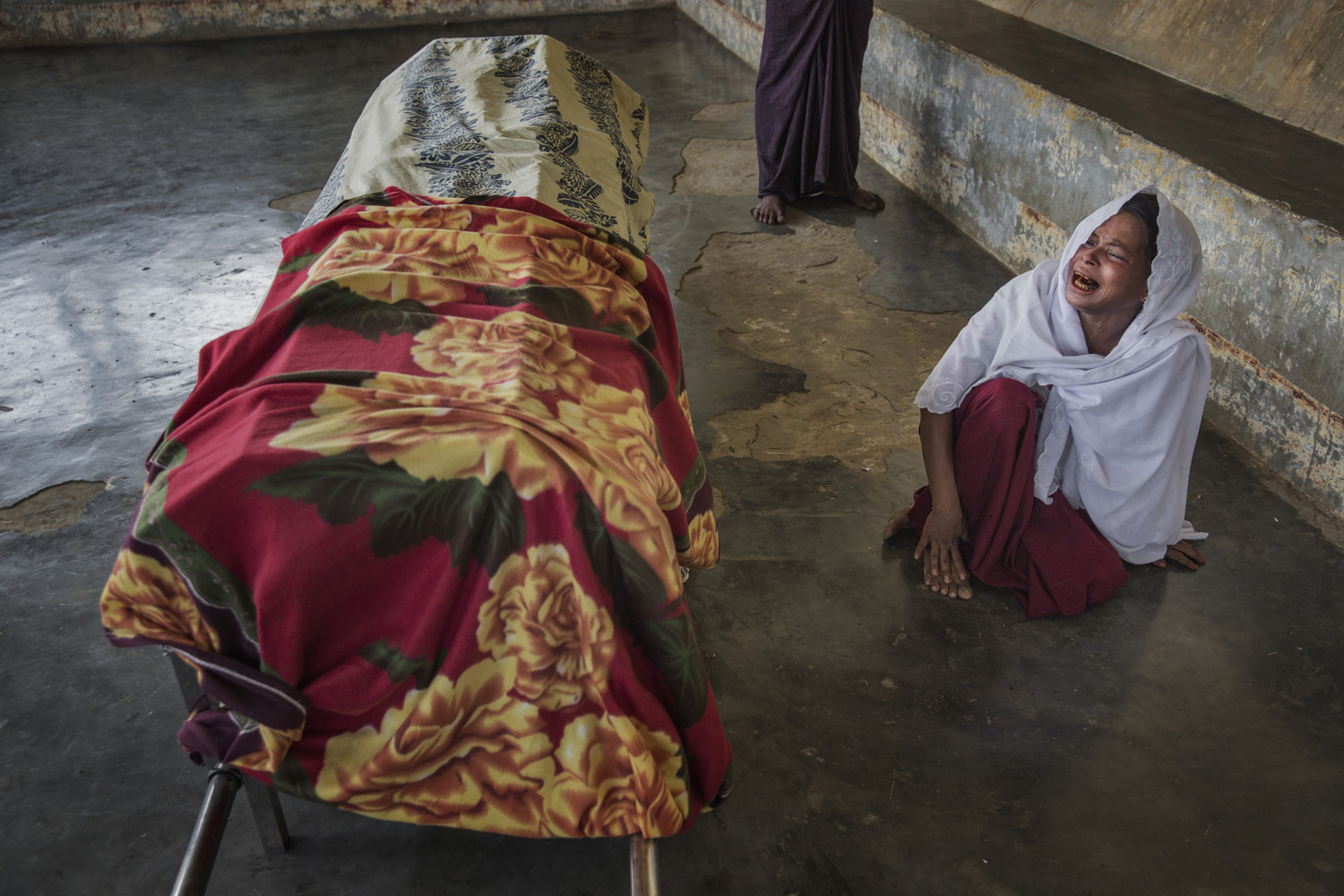
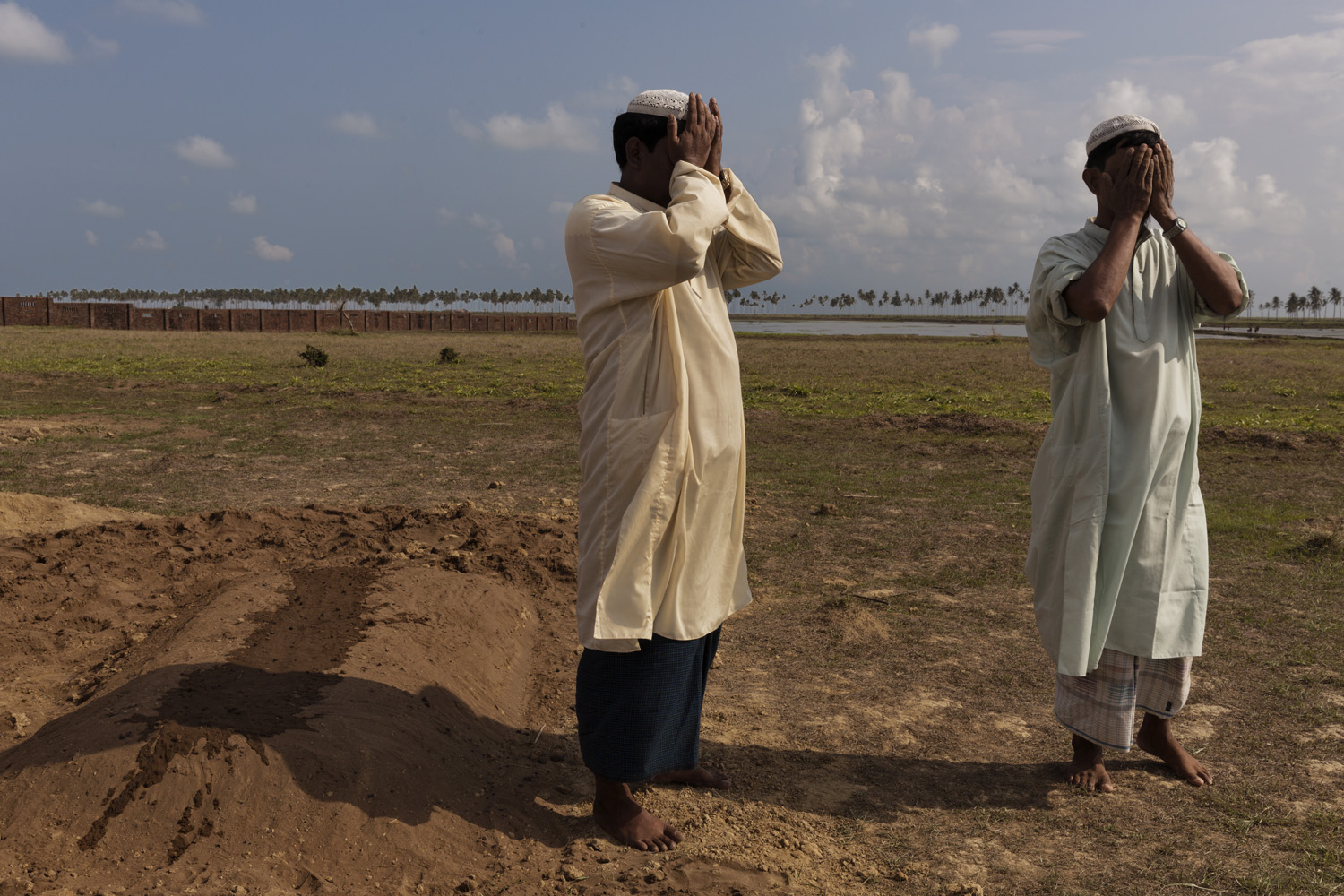
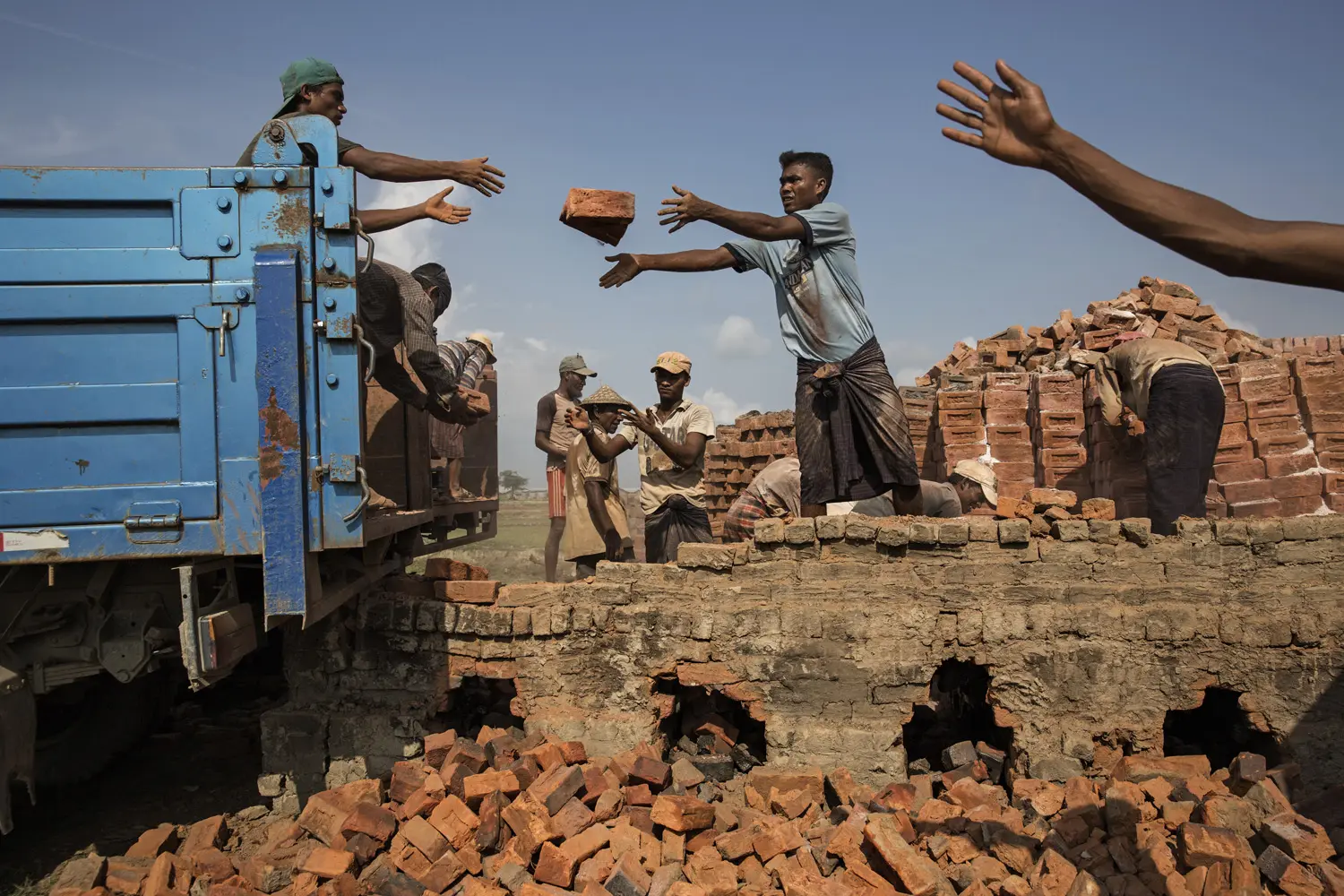
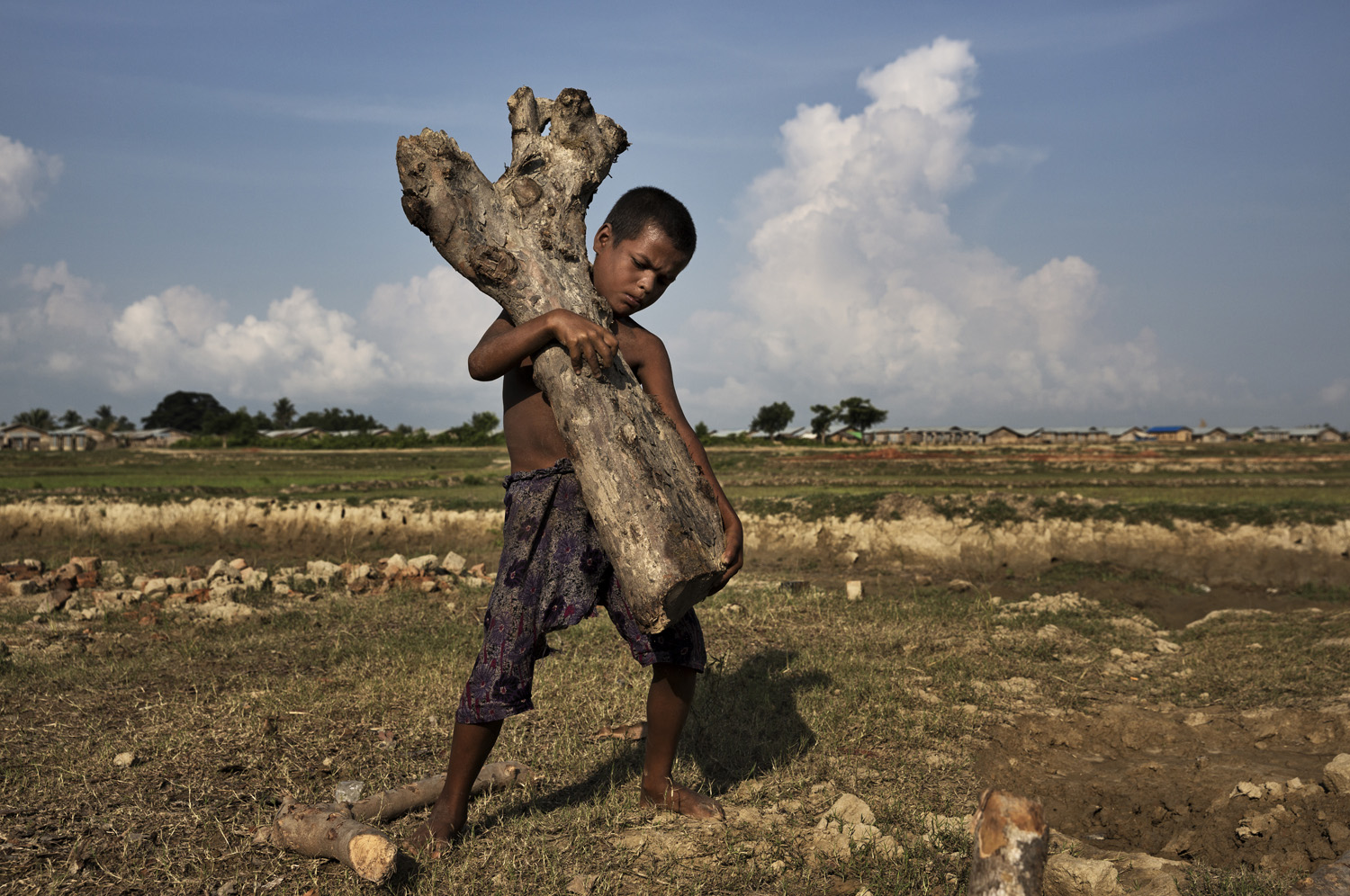
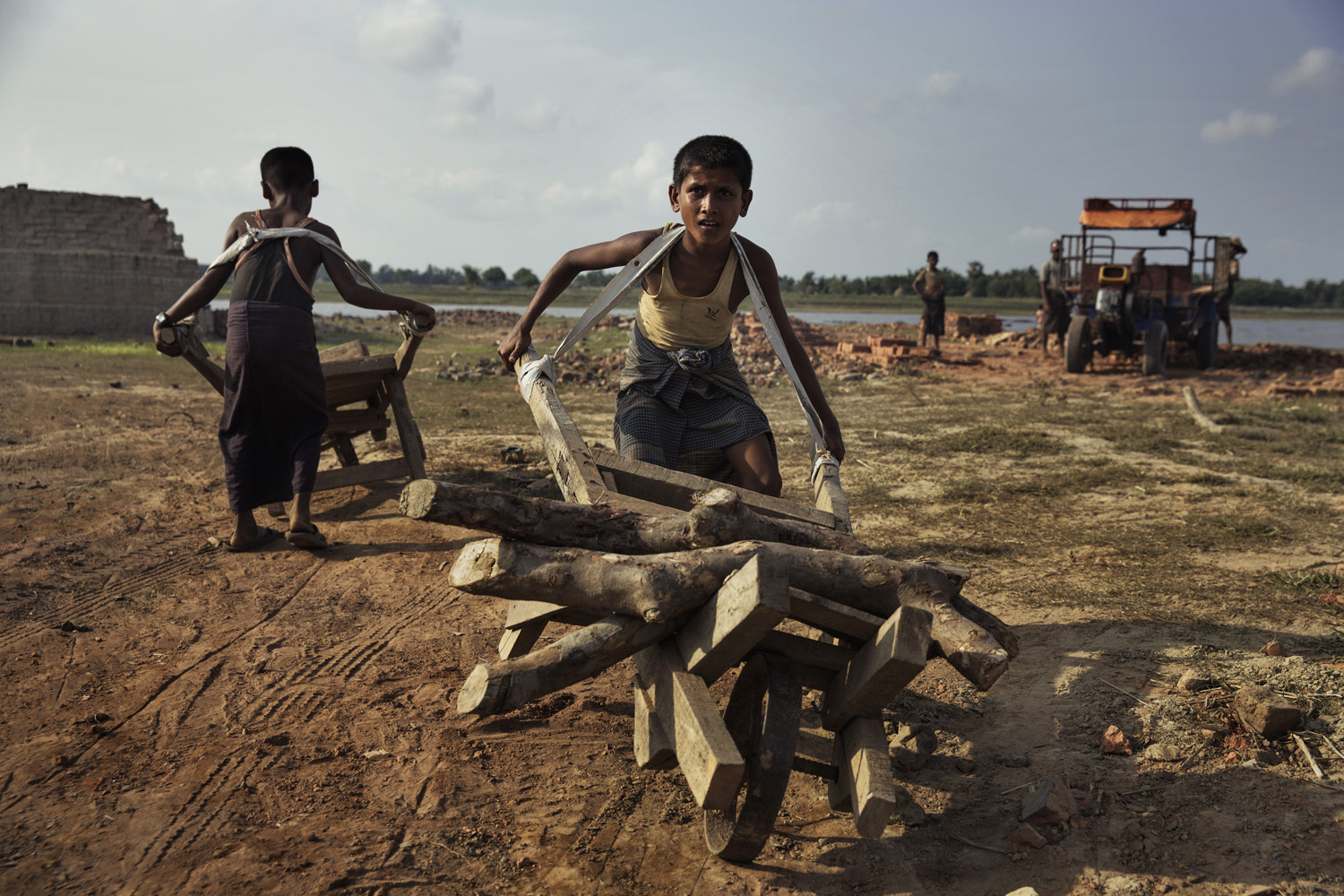
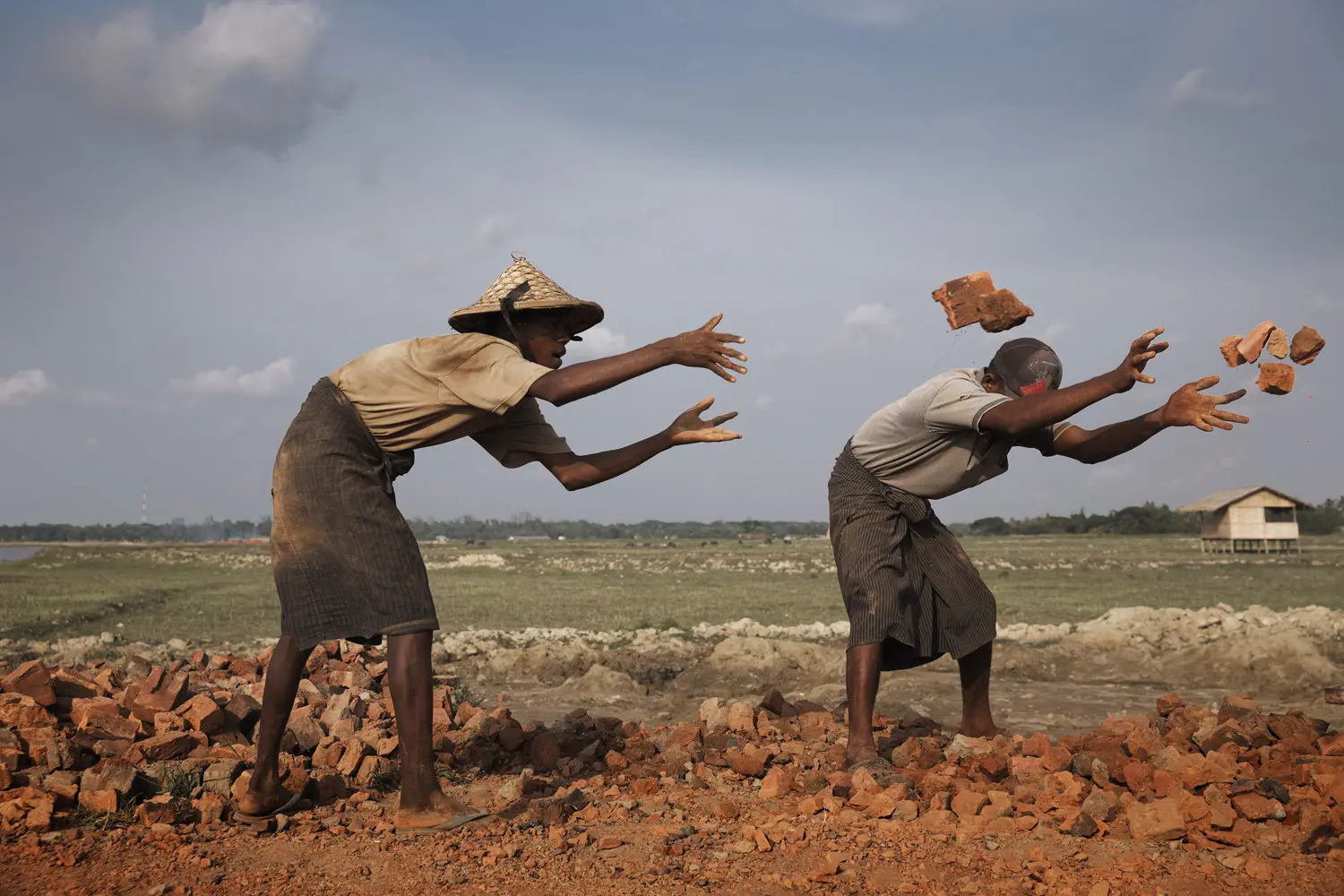
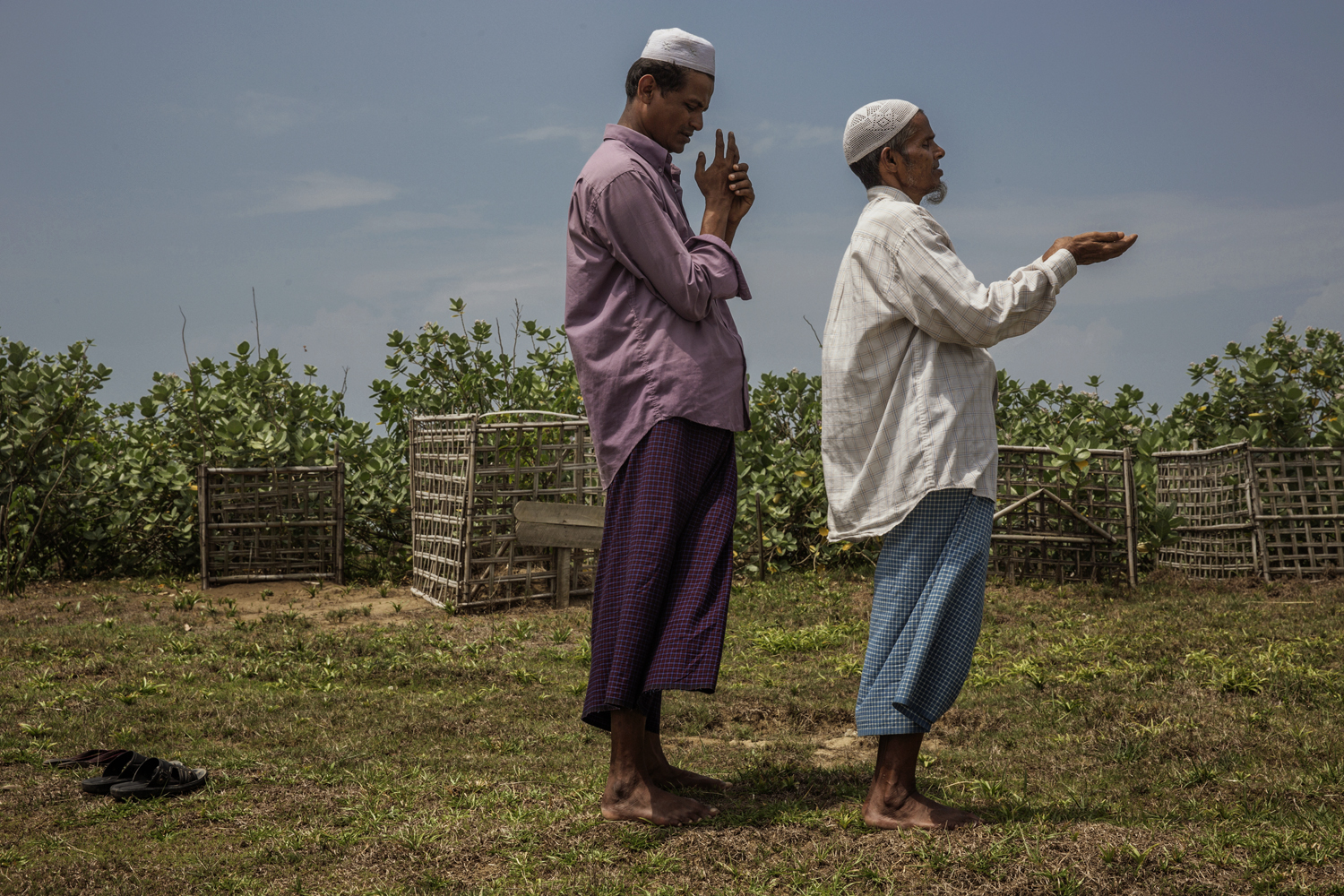
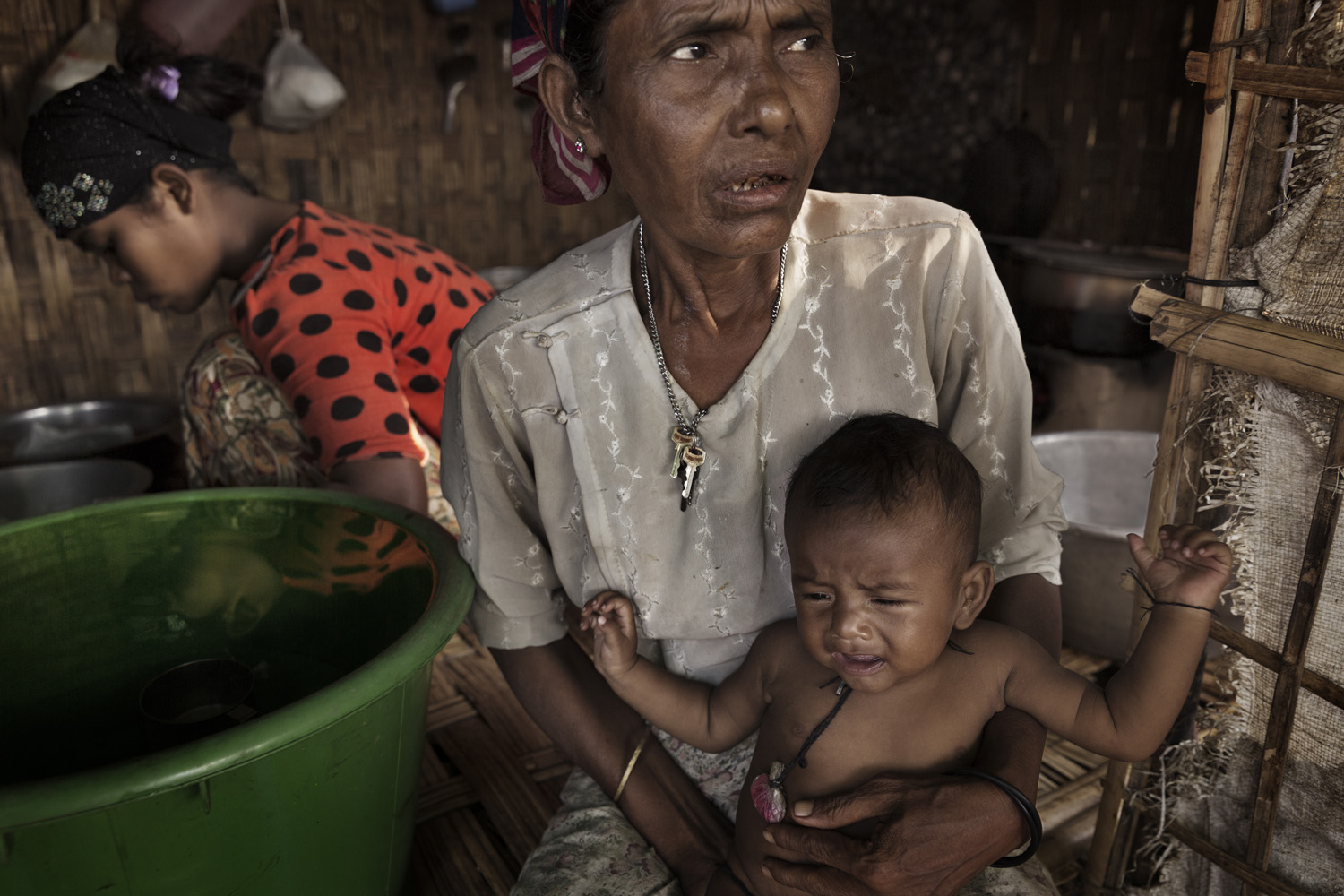
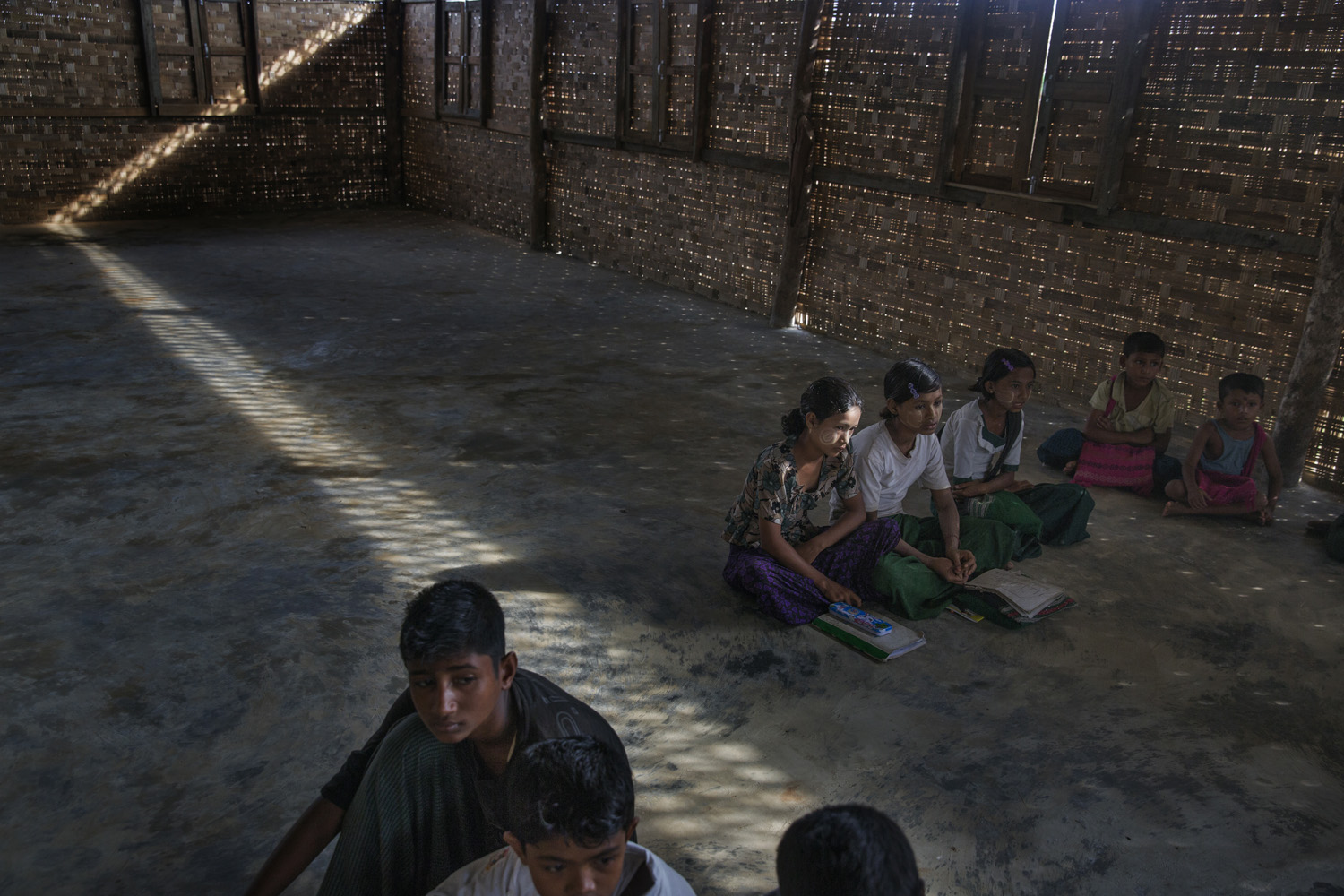
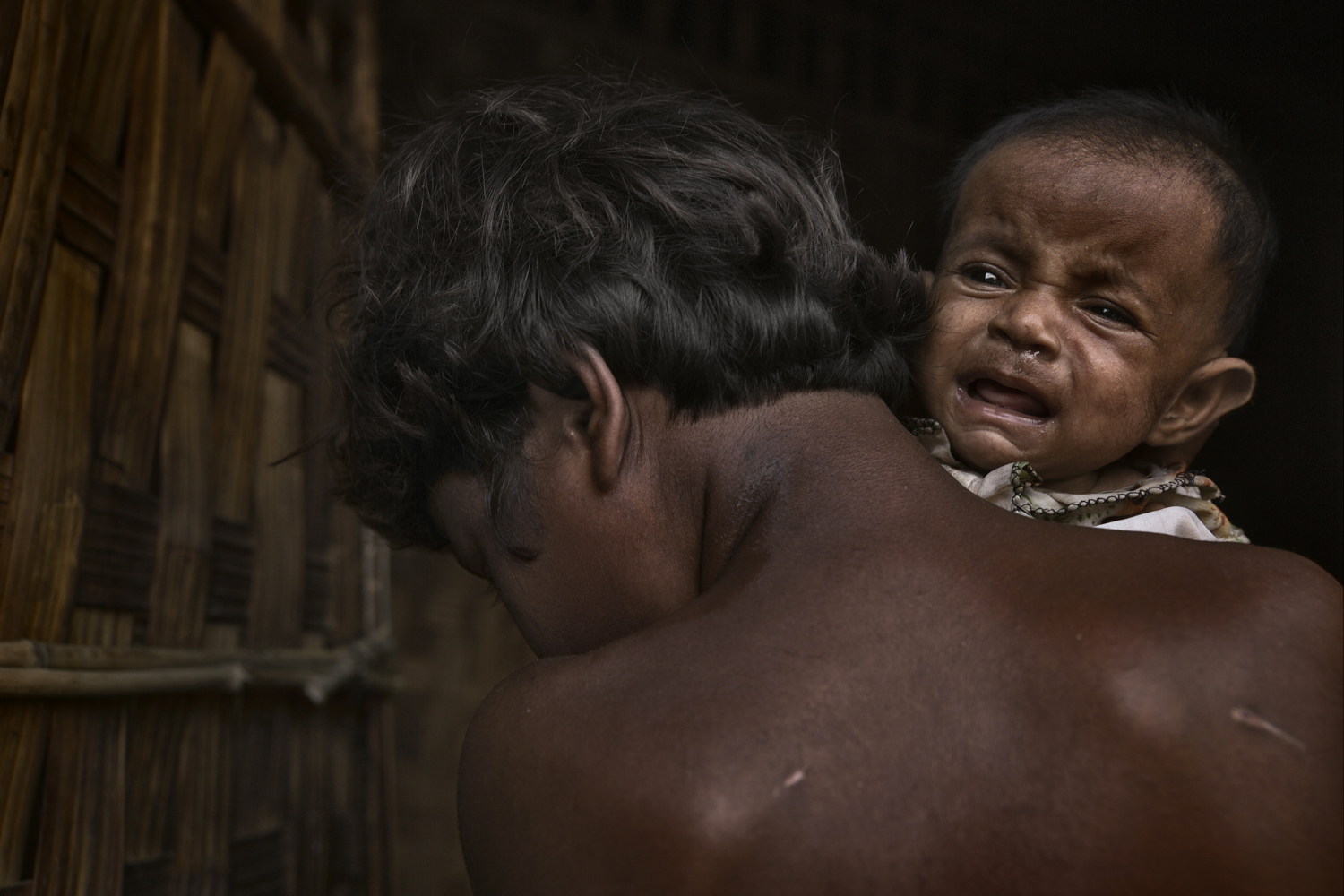
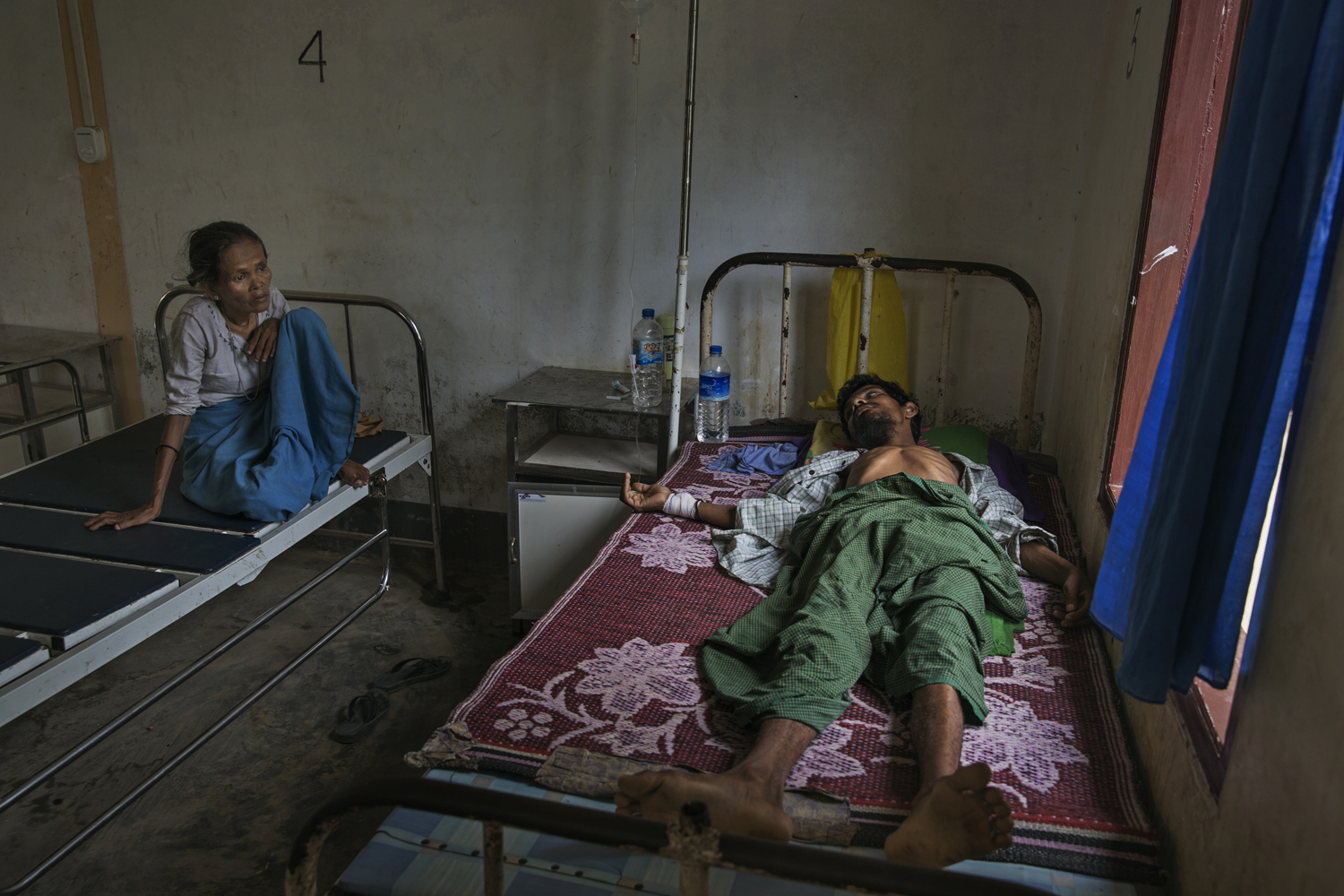
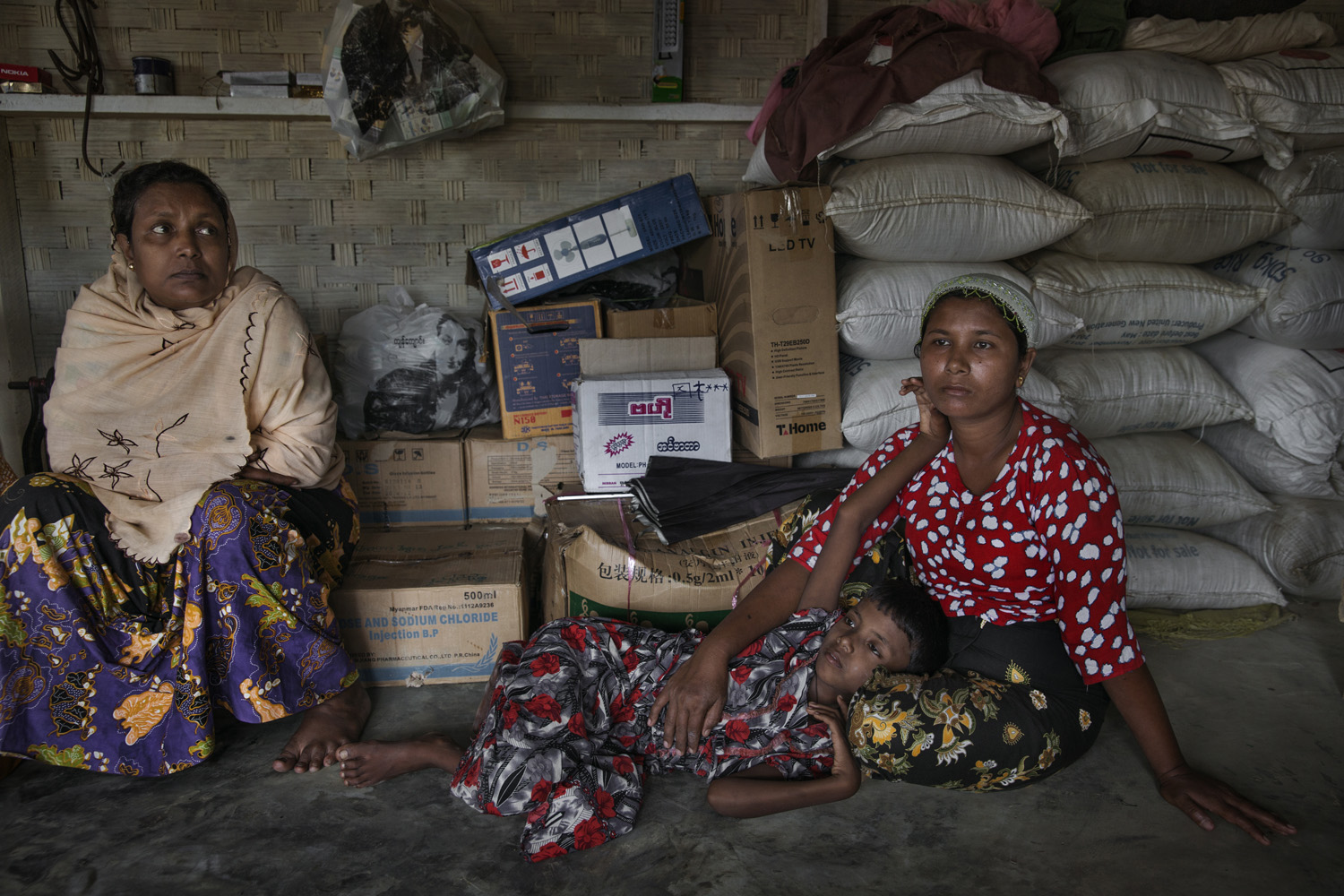
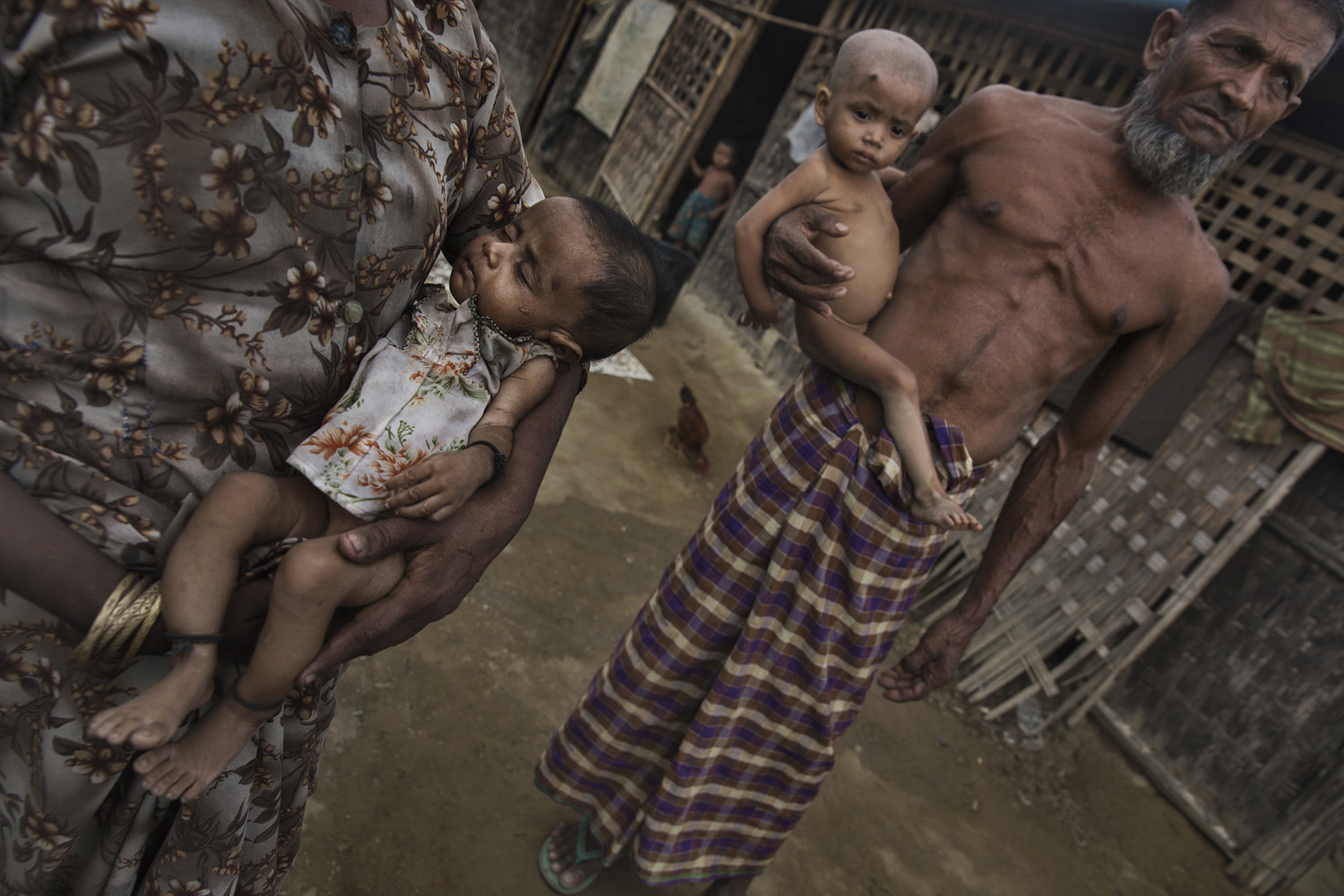
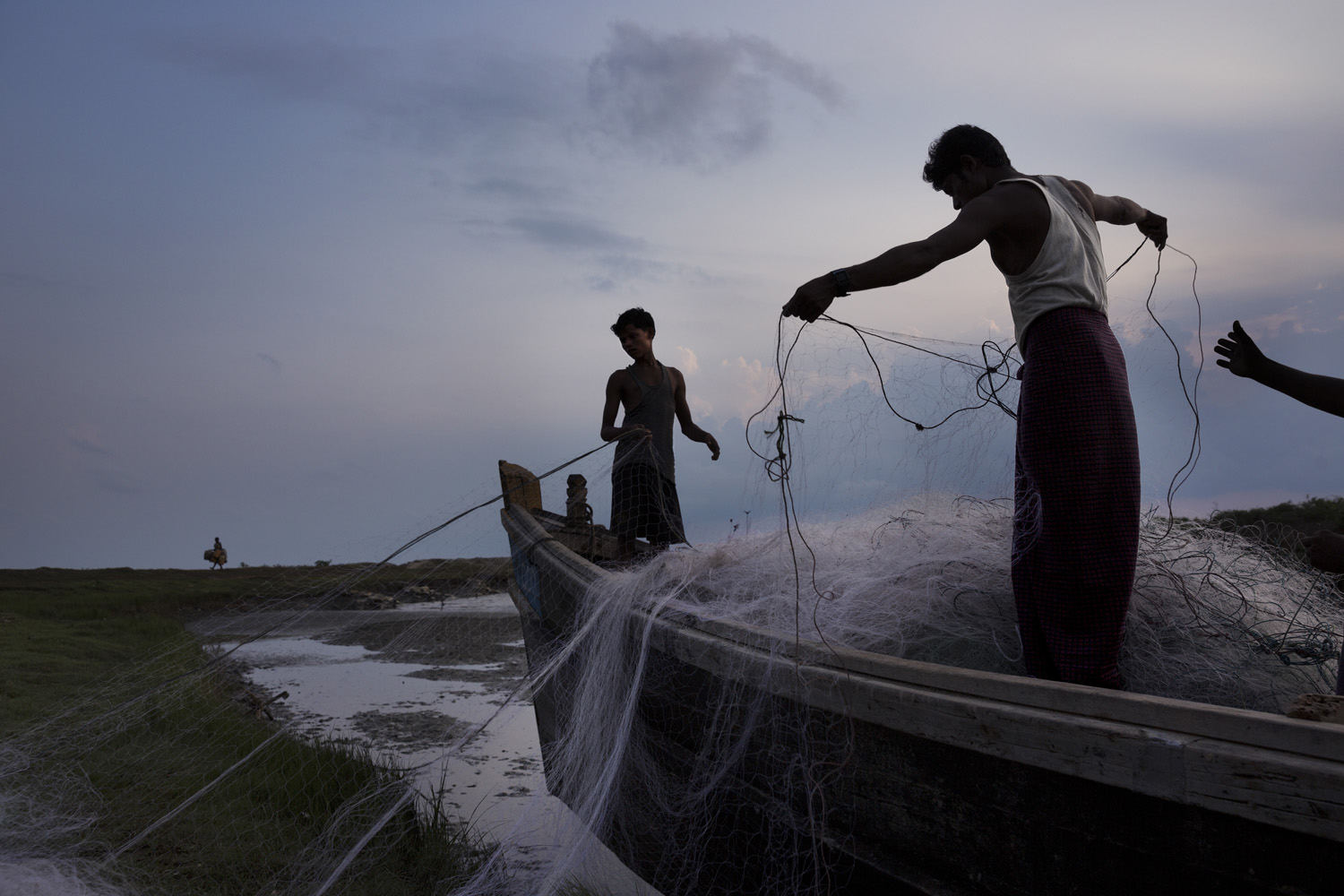
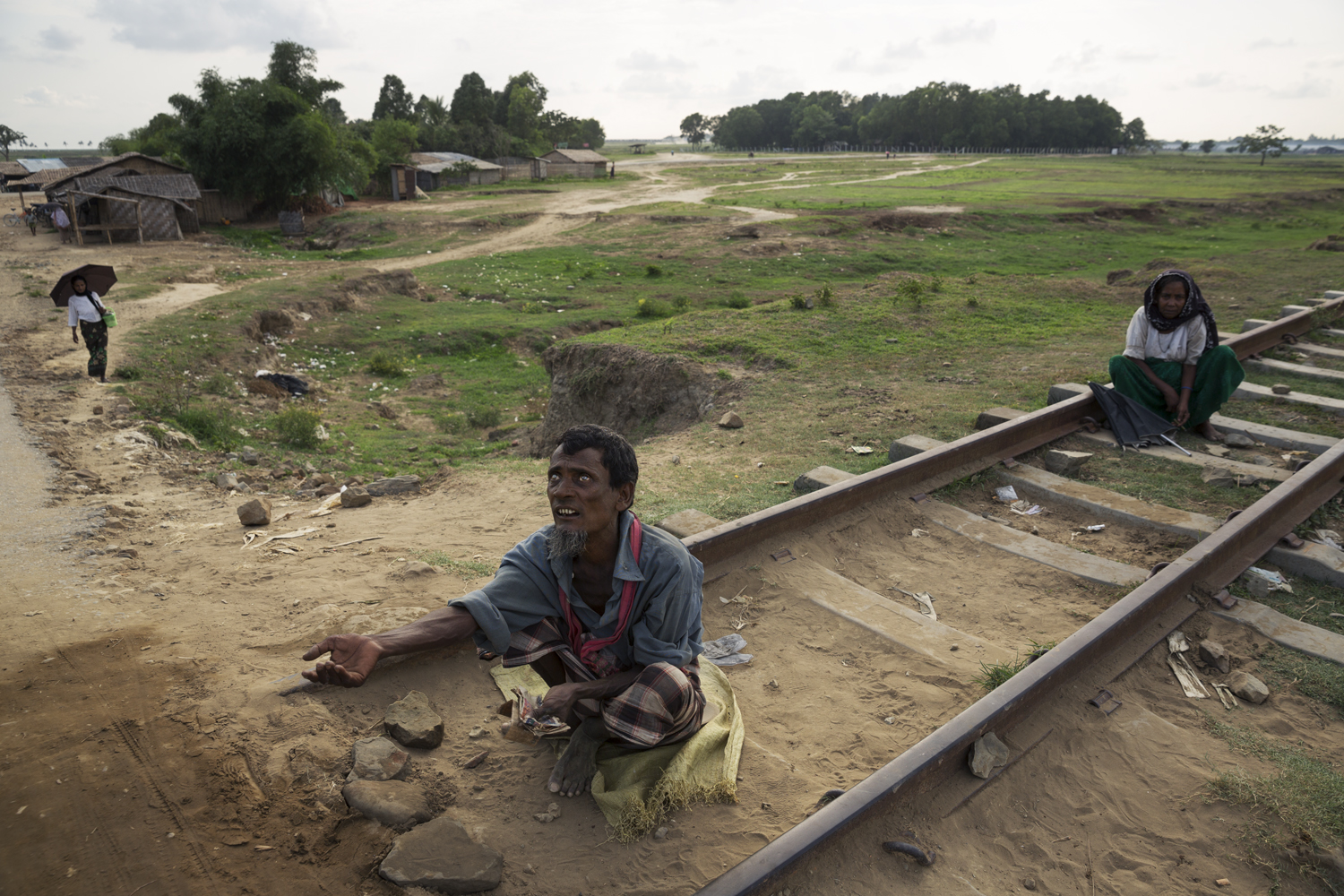
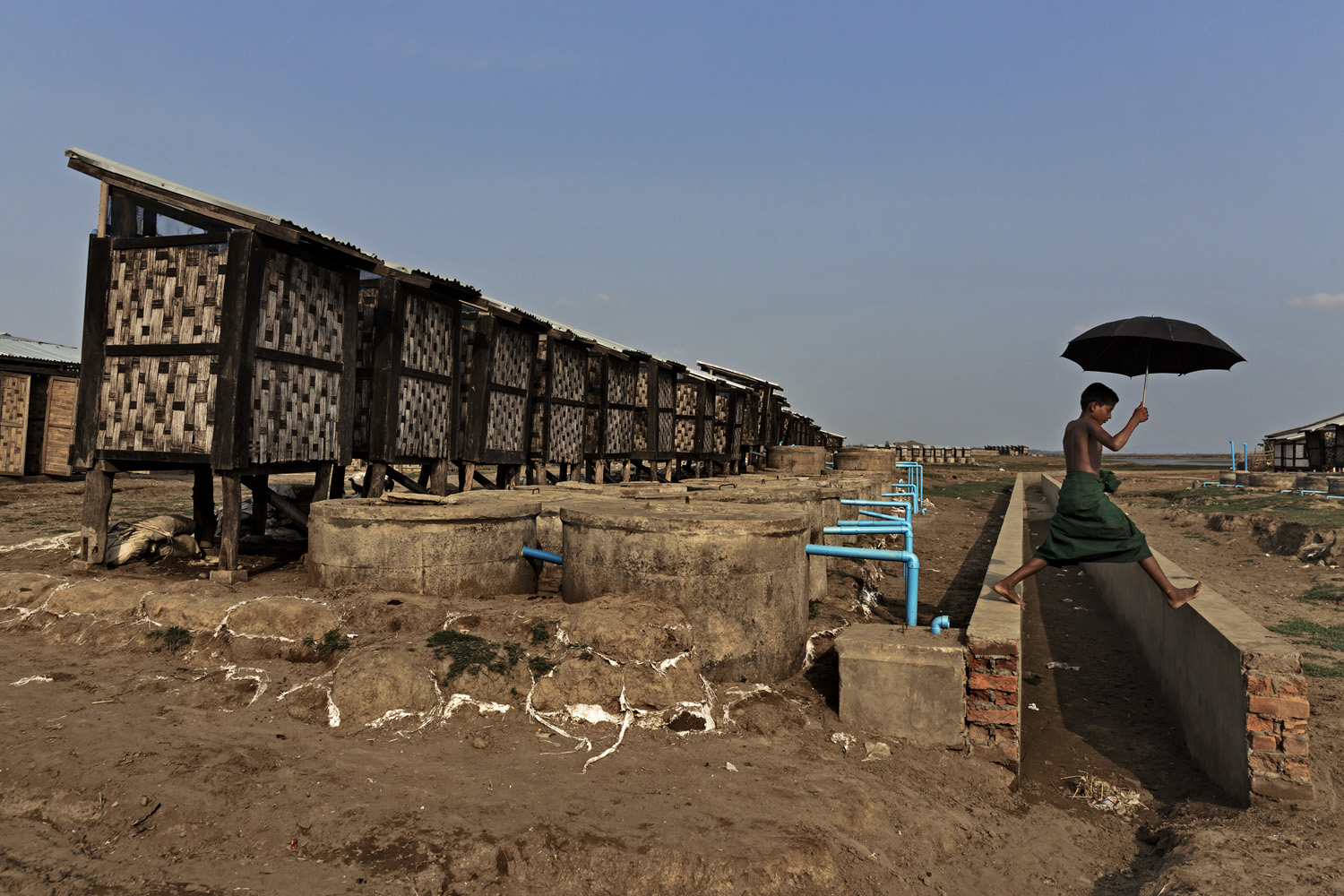
The state erupted in violence just as Burma (officially known as Myanmar) was beginning a transition from military dictatorship. “We assessed that the 2012 intercommunal violence targeted against the Rohingya civilian population resulted in approximately 200 deaths and over 140,000 displaced,” the report said. Tens of thousands of people have since taken to often unseaworthy boats to escape the country.
It remains unclear whether a new democratically elected administration set to take power April 1 will attempt to address the treatment of the Rohingya, who, as the State Department noted, receive “little public support” in majority-Buddhist Burma.
“We remain concerned about current acts that constitute persecution of and discrimination against members of the Rohingya population in Burma,” the report concluded.
More Must-Reads from TIME
- Introducing the 2024 TIME100 Next
- The Reinvention of J.D. Vance
- How to Survive Election Season Without Losing Your Mind
- Welcome to the Golden Age of Scams
- Did the Pandemic Break Our Brains?
- The Many Lives of Jack Antonoff
- 33 True Crime Documentaries That Shaped the Genre
- Why Gut Health Issues Are More Common in Women
Write to Simon Lewis at simon_daniel.lewis@timeasia.com